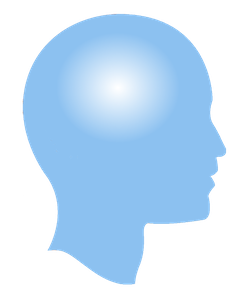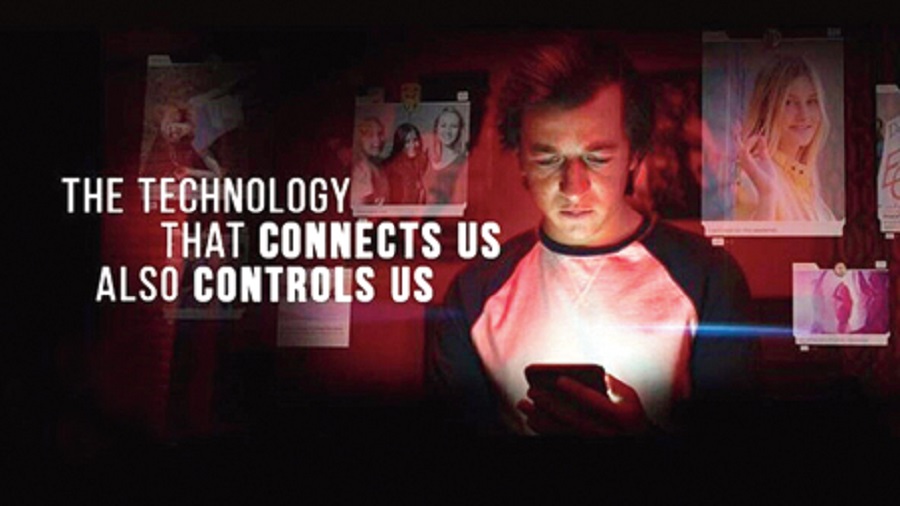I recently watched a Netflix documentary called “The Social Dilemma” <https://www.netflix.com/browse?jbv=81254224> in which a dozen or so highly qualified and experienced people working in the field of social media were interviewed. I thought I was reasonably savvy about the dark side of social media but I was not prepared for what I learned in this documentary. The problem goes to the very heart of why these platforms exist in the first place. Profit. While this, in itself, is no big surprise, its implications and unintended consequences have turned out to be beyond everyone’s worst estimations.
Most of the people interviewed in The Social Dilemma did not initially believe that Facebook, Twitter, Instagram and the others were created with evil intent. In fact, some of those who were in on developing these platforms truly believed that they were creating something that would be of benefit to society. Indeed, good things have happened because of social media. Families have been reunited and organ donors have been found in time to save lives. But, as the saying goes, “There are two sides to every coin.” and the flip side of social media is a frightening in its reality.
The business model upon which all of the big social media platforms are built is to make money just like any other business. What is different here is that what they are selling is you and me. Our attention is what is being sold to their advertisers. This means that the better they get at bringing things to our attention that we are likely to pay for, the more profit they accrue. In order to maximize profits they need to continually improve their ability to predict what you or I might buy after running across it on their platform. To do this they need to collect information about where we go and what we do on the internet. All of the major social media platforms are in the business of collecting as much data as they can about each of us which they then use to send us ads on our social media feeds for products they predict might interest us. It’s not just social media platforms that are mining our data. Google and other search sites are among the worst in terms of the extent to which they are willing go to gather our information. We are being manipulated and we may not even realize it’s happening. There is an ominous name for this. It’s called surveillance capitalism and it is as insidious as it sounds.
The profit motive is what is driving all of this but the real cost is being felt in terms of the ways in which our lives are being changed and the emotional costs we are paying as human beings. In a startling graph shown in The Social Dilemma numbers are displayed indicating U.S. Suicide Rates from 1999 to the 2017. There is a dramatic upswing in the number of suicides in American girls starting around 2009. These are girls that have been exposed to social media since their middle school years. During the period from 2009 to 2017 suicides among girls aged 10 – 14 went up 151%. For girls aged 15 – 19 the rate increased 70%. No one saw this coming in the early days of Facebook, Twitter, and the rest.
It is not only at the individual level that these platforms are creating unintended chaos. Because there is little or no oversight on what is posted on these platforms individuals and groups can use them to spread their sometimes suspect agendas and unsupported beliefs. Conspiracy theorists can reach out across the world to recruit members to their causes. Young people are being radicalized. Political polarization is tearing countries apart. Extreme left and right groups are growing as moderate groups decline. Innocent people are being victimized by scammers. Children are being bullied. Racism is normalized. The amount and spread of misinformation is skyrocketing. The health of the environment is deteriorating due to the inaction perpetuated by climate change deniers. All of this is happening because there are huge profits to be made by selling our attention to advertisers and special interest groups.
The solution may seem as simple as deciding to withdraw from social media accounts but this is easier said than done. Because we are social animals we have a deeply ingrained desire to connect with each other. This is primal human biology and cannot and should not be entirely overridden. Personal commitment to moderation where social media is concerned is important but it is not the solution. At best such measures only lessen exposure to a toxic environment. It is the environment itself that needs to be transformed. As long as maximizing profits is its guiding principle nothing will improve to any significant degree.
Some form of regulation seems to be called for. Either the social media companies begin to self-regulate or government regulations should be put in place. Appropriate oversight would decrease profits but would be offset by making social media platforms in general safer and kinder places to be. However, this does not get to the real heart of the matter.
At the heart of the maximization-of-profit motive is a mindset that sees humans and the world in a particular way. This mindset is based on an assumption about our relationship to nature and each other. The assumption is that we are each independent and separate individuals living in a world of independent and separate things. When we see ourselves this way we tend to adopt values that support this worldview.
| Need | Fearful Mindset Value |
| Physiological (food, water, warmth) | Personal Access to Physical Requirements – food, water, air, warmth |
| Safety | Protective Boundaries |
| Security | Resource accumulation (avoidance of scarcity) (wealth) |
| Membership | Tribal Membership – strength in numbers |
| Agency (Power to Act) | Control |
| Meaning | Status |
| Purpose | Dominance |
In The Hopeful Mindset this mindset is referred to as The Fearful Mindset because humans are seen as isolated individuals competing with each other for limited resources in a hostile environment.
Most relevant to this discussion is the value associated with meeting our inherent need for security; that is, resource accumulation. In this mindset resources are seen to be limited and it makes sense to compete with others in order to secure as much of a resource as possible for ourselves. In this way a supply of a resource is secured for the future. Maximizing profits is an example of this idea in action.
But what if the assumption underlying the mindset in which the profit motive exists is faulty? What if we could meet our need for security in a way that is aligned with the actual nature of our relationship to each other and the world? The truth is we are not separate independent selves living in a world of separate independent things. We exist in interdependent relationships with each other and the world. This is the lesson of an ecological worldview.
If the profit motive is supported by a mindset based in a faulty assumption the first step toward a solution to the problems arising from it is the adoption of a different set of values, a set of values based on the interdependent reality of our existence.
| Need | Hopeful Values |
| Physiological (food, water, warmth) | Vitality |
| Safety | Resiliency |
| Security | Sustainability (pursuit of abundance) |
| Membership | Inclusive Connection/Compassion |
| Agency (Power to Act) | Personal Responsibility/Creativity/Respect |
| Meaning | Humility (understanding interdependence) |
| Purpose | Personal Contribution (knowledge, skills) |
In The Hopeful Mindset this mindset is referred to as The Hopeful Mindset because humans are seen as interdependent, cooperative individuals working together to create and maintain a sustainable society.
In this mindset the human need for security is met by valuing sustainability. Rather than competing for limited resources this view supports cooperating to ensure sustainable management of resources. In this way a supply of resources is secured for all; not just a privileged few.
In terms of the problems inherent in the profit motive of social media companies this mindset supports another way of doing business. The business model suggested by the interdependent mindset would take sustainability and compassion into account. It would not necessarily eliminate profit altogether but it would subjugate profit-making to higher concerns about humane participation in a sustainable global economy. Rather than self-adopted or imposed regulations this model relies on a change in mindset. A change in mindset requires a change in our understanding of ourselves and in how our world works. This is no small order but it is necessary if we are to really come to terms with the issues our social media platforms are forcing us to face. Regulation may work to a degree but without fundamental systemic change it will largely be business as usual for Facebook, Twitter, YouTube, Pinterest and the rest.
To contribute to the required transition to an interdependent mindset we each need to be responsible for making choices based on the values of the interdependent mindset, to speak out and make our voices heard, and to support initiatives, parties, and candidates that demonstrate a grasp of the interdependent nature of the world in which we live. Time is of the essence.

